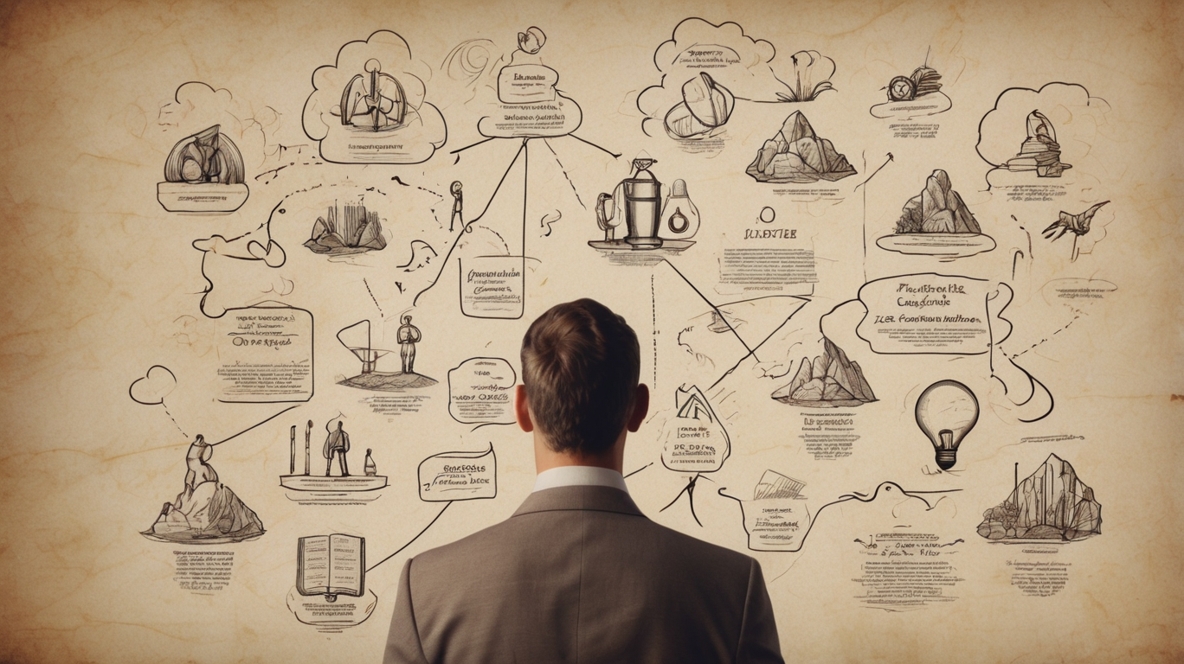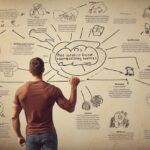Round Rock Journal – Failure is often seen as something to avoid at all costs, yet in reality, it is an inevitable part of personal growth. Every setback carries lessons that can shape stronger skills, clearer perspectives, and deeper resilience. By reframing failure as a stepping stone rather than an endpoint, individuals open themselves to continuous improvement. Instead of dwelling on what went wrong, the key lies in asking what can be learned and how the experience can serve future goals.
“Also read: Visual Therapy Apps with Calming Animations“
Embracing Failure with the Right Mindset
The difference between those who thrive after setbacks and those who give up lies in mindset. People with a growth mindset see failure as feedback, while a fixed mindset views it as proof of inadequacy. By choosing the former, failure becomes an opportunity for learning rather than a verdict on one’s worth. Developing this perspective takes practice, but over time it strengthens emotional resilience. Each disappointment becomes less of a burden and more of a challenge to grow from.
Analyzing Mistakes Without Self-Blame
When failure occurs, it’s tempting to resort to harsh self-criticism. However, self-blame often clouds judgment and prevents meaningful reflection. A more effective approach is to objectively analyze what went wrong. Was it a lack of preparation, external circumstances, or miscommunication? By breaking down the situation into manageable parts, it becomes easier to identify areas for growth. This analytical process transforms mistakes into valuable data points that inform better decisions in the future.
Learning to Apply the Lessons Practically
Acknowledging failure is not enough unless the lessons are applied. Practical implementation bridges the gap between reflection and real progress. For example, a failed project at work could teach the importance of time management or collaboration. Applying those lessons in the next endeavor ensures that mistakes are not repeated. The cycle of failure, reflection, and application creates a powerful learning loop that continually sharpens one’s skills and increases confidence.
Turning Setbacks into Motivation
Failure can be discouraging, but with the right perspective, it can also be a strong motivator. Many successful people admit that their greatest achievements stemmed from earlier disappointments. Using setbacks as fuel requires a shift in focus seeing failure not as an end, but as evidence of effort and ambition. This motivation can push individuals to work harder, refine strategies, and remain persistent, ultimately transforming defeat into determination.
“Read more: AI Features in Honor Pad 10 and X9a Bring Real-Time Translation to Conversations“
The Role of Resilience in Self-Development
Resilience is the bridge that connects failure to growth. Without resilience, setbacks can lead to stagnation. With it, even the toughest failures become opportunities for reinvention. Building resilience involves emotional regulation, patience, and the willingness to start again. By training oneself to bounce back after disappointment, self-development becomes a consistent process. Over time, resilience fosters courage, making future failures less intimidating and more manageable.
Celebrating Small Wins Along the Way
While learning from failure is crucial, it’s equally important to recognize progress. Celebrating small victories helps maintain motivation and prevents discouragement from dominating the journey. Each minor achievement proves that growth is happening, even if the big picture still feels distant. Acknowledging these small steps provides balance, reminding individuals that while failure teaches, success no matter how small builds confidence and momentum for the future.
Building a Lifelong Practice of Learning from Failures
Ultimately, turning failures into learning experiences is not a one-time process but a lifelong practice. Every stage of life brings new challenges and opportunities to grow. By consistently viewing failure through the lens of self-development, individuals create a mindset that embraces change, adapts quickly, and never stops evolving. This continuous learning process ensures that no effort is wasted, and even setbacks contribute to building a stronger, wiser, and more resilient self.


